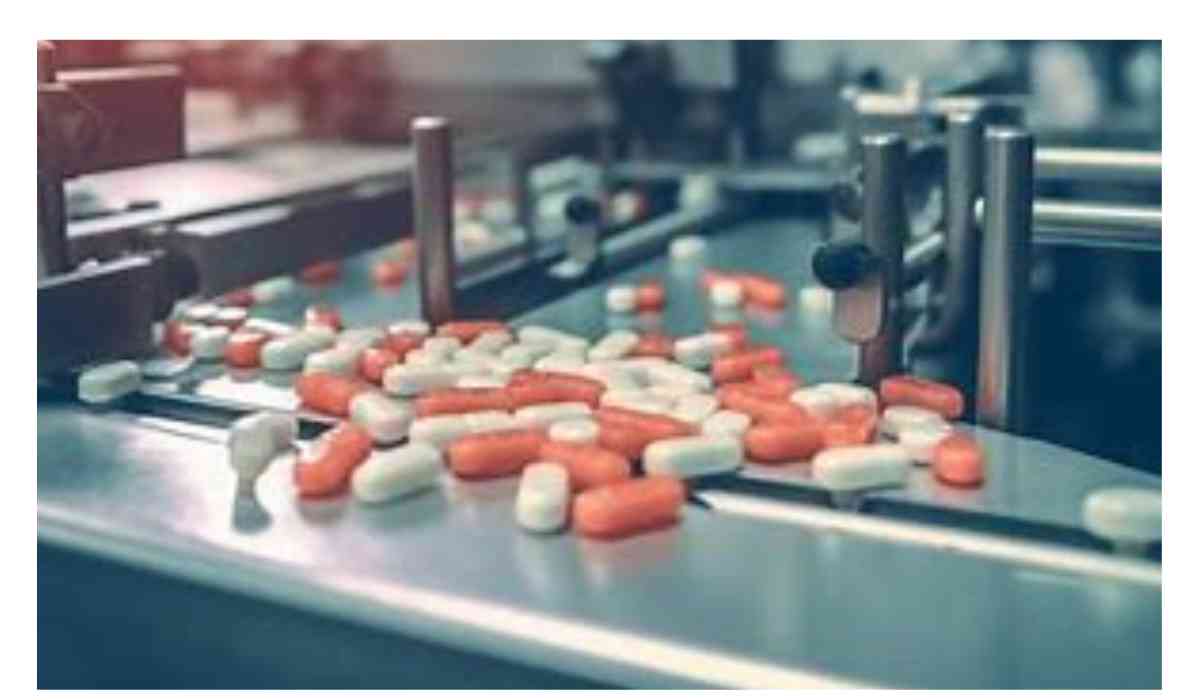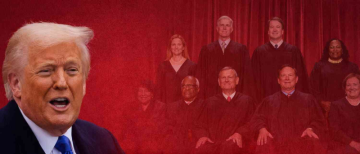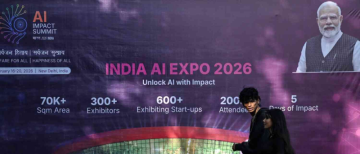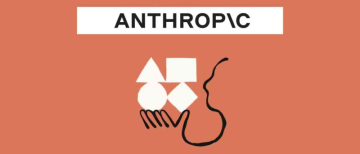Introduction: A Bust That Reveals a Deeper Crisis
In an unprecedented find only to be described as chilling, Maharashtra officials busted a fake drugs factory manufacturing and exporting opioids to African nations just recently. The breakthrough has thrown up serious concerns regarding India's role in the international drug chain, the mounting threat of the illicit trade of drugs, and the public health implications.
This is not another factory raid; it's a peek into the sordid world of the fake drug trade—a multi-billion-dollar industry that thrives in the twilight of loose regulations, soaring demand, and international loopholes. But beyond the legal and economic implications, this case also poses some deeper questions: How do these operations go undetected? Who is ultimately responsible? And most importantly, what does this say about the unwitting people consuming these drugs?
The Bust: What We Know So Far
The Maharashtra factory had been used as a front for a legitimate drug company, law enforcement officials said. Rather than producing regulated medications, though, it was producingand shipping out opioids—stronglyaddictive medicines that have fuelled addiction epidemics globally.
Authorities confiscated massive amounts of drugs, machinery, and fake documents to aid in exports to other nations in the African continent. The owners of the factories were reportedly selling the drugs to blackmarkets, where they were sold with fake labels or blended with other drugs to evade detection.
This is not a question of merely one illicit operation but of expanding networks linking India's unregulated pharma industry to a global chain of drug trafficking.
Why Africa? The Demand and Supply Chain
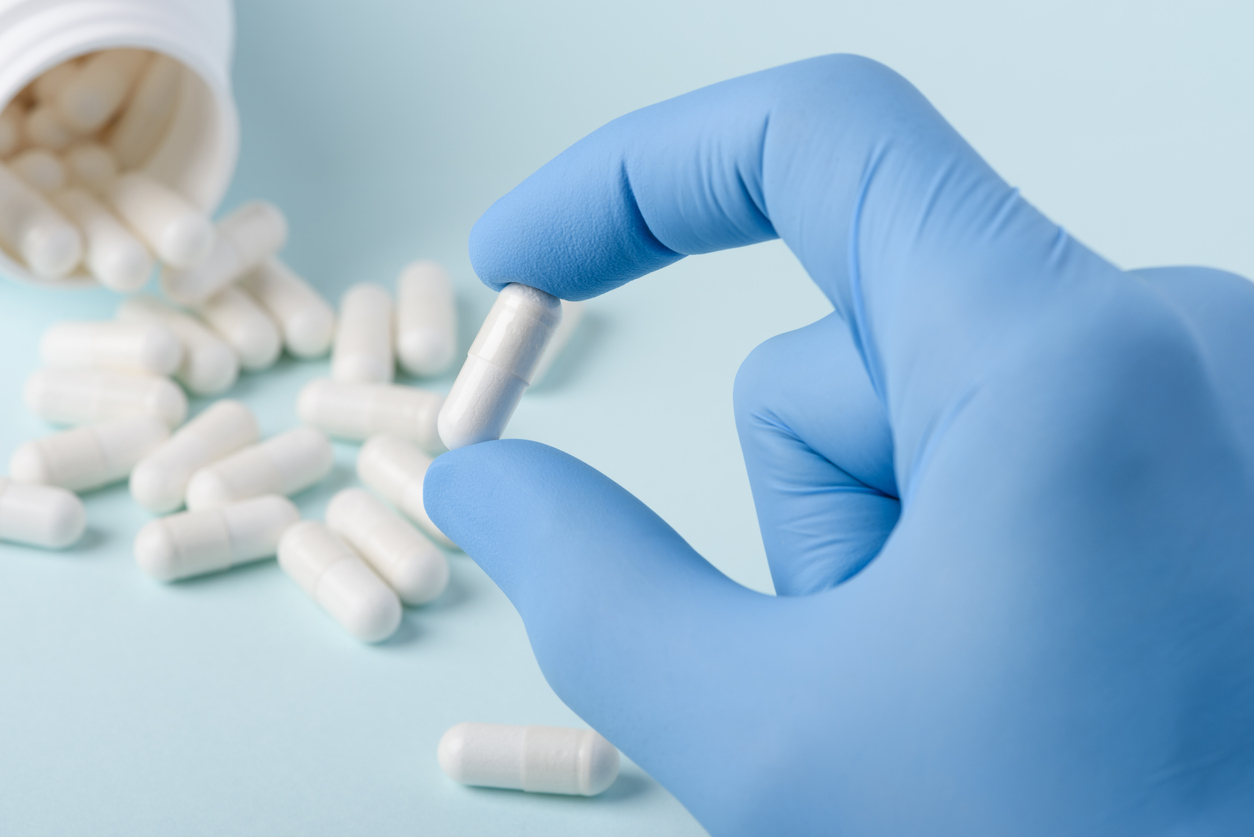
One of the most striking aspects of this bust is its target export market Africa. Why, then, would an Indian counterfeit pharma factory ship products thousands of kilometers away?
1. Poor Regulatory Frameworks: Most African nations lack effectiveregulatory frameworks, which allowsthe counterfeits to infiltrate and moveundetected.
2. Overuse of Painkillers: The demand for painkillers, particularly opioids, has increased in some regions of Africa because the population has few good healthcare centres and limited legal avenues for pain management.
3. Cost and Accessibility: Indian legal and illicit drugs are generally more affordable and available than Western drugs, so they are a big draw to consumers in the developing world. 4. Limited Law Enforcement Cooperation: The international nature of pharmaceutical trafficking createschallenges faced by African lawenforcement authorities in followingthe source of counterfeit medicines, and the drug traffickers are therefore able to continue relatively unchecked.
India's Position in the Global Drug Landscape
India has earned the title of the "pharmacy of the world," known for providing affordable and high-quality medications to various regions, including Asia and Africa. However, this esteemed reputation is increasingly threatened by the rise of counterfeit and subpar drugs infiltrating the market.
Although the legitimate pharmaceutical sector is subject to strict regulations, a parallel black market thrives in secrecy. Numerous counterfeit drug manufacturers exploit lax enforcement, corruption, and regulatory loopholes to sustain their illicit activities. This issue is not unique; previous investigations have uncovered factories producing everything from fraudulent cancer treatments to inferior antibiotics.
What sets the current situation apart is the alarming scale of opioid exports on a global scale, indicating a more profound issue that could lead to dire consequences.
The Human Toll: A Crisis Beyond Profit
For those operating these illicit factories, it’s merely a business venture. However, for individuals consuming these opioids, it can be a life-or-death situation. The opioid epidemic in certain regions of Africa mirrors the crisis that hit the United States in the early 2000s. Rates of addiction are climbing, counterfeit medications are infiltrating legitimate supply chains, and overwhelmed healthcare systems are struggling to cope.
Consider a mother in Nigeria purchasing what she believes to be pain relief for her child, only to unknowingly give a dangerously strong opioid. Or think of a patient in Kenya depending on what they assume is a crucial medication, only to face irreversible damage. The impact of counterfeit drugs is profound, tragic, and often permanent.
Who is to Blame? The Accountability Dilemma
This situation prompts a challenging inquiry—who bears the responsibility? Is it the factory owners? The corrupt officials who possibly ignored the issue? The distributors in Africa who are aware of the drug's illegitimacy? Or does this point to a broader failure in global pharmaceutical oversight?
Shutting down a single illegal factory will not resolve the overarching issue. Demand will always drive supply. The true battle is in enhancing regulatory systems, fostering international collaboration, and enforcing harsher penalties on those participating in this illicit trade.
With inputs from agencies
Image Source: Multiple agencies
*The views expressed are personal to the author and do not reflect the platform's opinion of the same.
© Copyright 2024. All Rights Reserved Powered by Vygr Media.
Author's profile:
Arhan Ali is a sharp observer of economic and political currents, known for blending keen analysis with a dash of wit. Whether dissecting global trade wars or taking a playful jab at social absurdities, his writing strikes the perfect balance between intellect and irreverence.

